TheStupidForeigner
TPF Noob!
- Joined
- Mar 1, 2013
- Messages
- 135
- Reaction score
- 9
- Can others edit my Photos
- Photos OK to edit
Ok this is driving me mad.... I have read, watched and heard over and over how certain lenses are sharper than others, certain apertures are sharper, and generally how important the lens is to getting a super sharp photo....
So I bought a 50mm 1.8 prime, the sharpest lens in my tiny budget, but I REALLY can not tell any difference... Then I learnt how aperture also affects sharpness, so I took 10 shots of some magazine print at different apertures, cropped them in and flipped through.. I think there is a very slight difference from wide open to the rest but im not even 100% sure about that... The rest were all completely the same, despite slight exposure differences.
My only idea now is that maybe it is because my camera body (Canon d1100) sucks so no matter what lens I use it wont really make a difference.... But is that really the case? Or is this whole sharpness thing just over rated? Or am I just doing something completely wrong?
So I bought a 50mm 1.8 prime, the sharpest lens in my tiny budget, but I REALLY can not tell any difference... Then I learnt how aperture also affects sharpness, so I took 10 shots of some magazine print at different apertures, cropped them in and flipped through.. I think there is a very slight difference from wide open to the rest but im not even 100% sure about that... The rest were all completely the same, despite slight exposure differences.
My only idea now is that maybe it is because my camera body (Canon d1100) sucks so no matter what lens I use it wont really make a difference.... But is that really the case? Or is this whole sharpness thing just over rated? Or am I just doing something completely wrong?


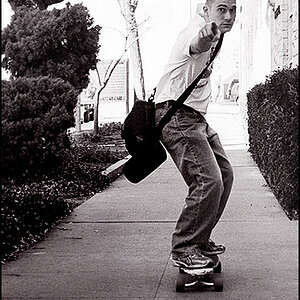
![[No title]](/data/xfmg/thumbnail/37/37494-d432dd0601f47668ec55d04f350f243b.jpg?1619738113)

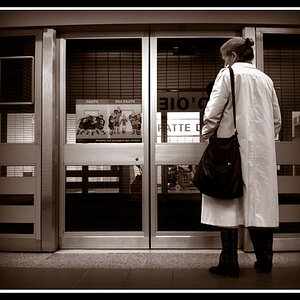
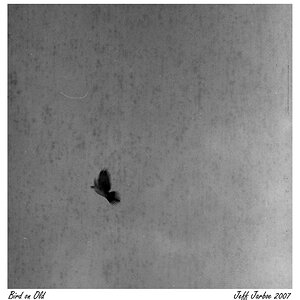
![[No title]](/data/xfmg/thumbnail/37/37493-07470d1244285a42bb716c7df65abfda.jpg?1619738112)
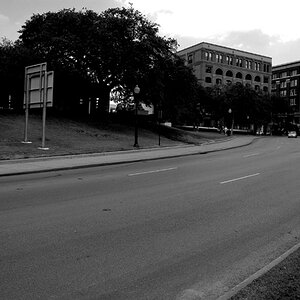
![[No title]](/data/xfmg/thumbnail/30/30989-2ed4e52fa80fcd0ba553c515ffc589cd.jpg?1619734553)
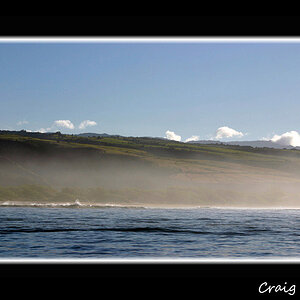
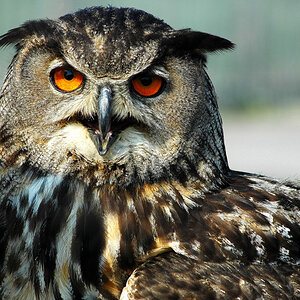
![[No title]](/data/xfmg/thumbnail/30/30987-a33ca8e90b5d786c21e59d37945b9cc6.jpg?1619734552)
